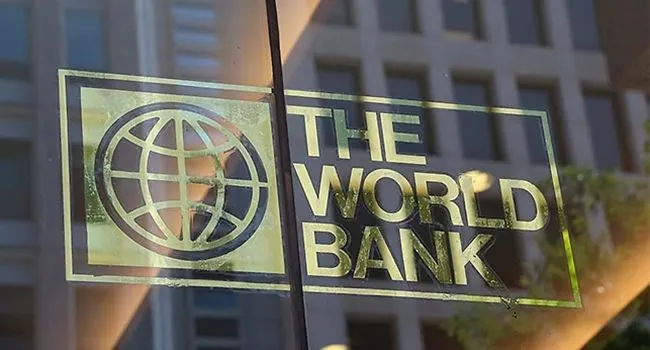The report highlights that restrictive trade measures, including import bans and inconsistent tariff applications, have distorted market prices, encouraged smuggling, and undermined customs enforcement, leading to substantial revenue losses. It notes that Nigeria’s average tariff rate is currently double the regional average for sub-Saharan Africa.
Currently, Nigeria maintains a ban on 25 categories of imports, including poultry, beef, certain processed foods, over-the-counter medications, used vehicles older than 15 years, and various household items. While these policies were initially intended to protect domestic industries and promote local production, the World Bank warns they now hamper economic efficiency and burden consumers—raising prices by approximately 5.8% on average.
“Lifting import bans and aligning tariff structures with the ECOWAS Common External Tariff (CET) would not only increase customs revenue but also improve market access and reduce poverty,” the report stated.
The World Bank emphasized that Nigeria’s trade restrictions disproportionately affect lower-income households by inflating the cost of essential goods such as food and medicine. The report estimates that removing these restrictions could reduce poverty by up to 2.6 percentage points, while also helping to contain inflation and increase purchasing power amid current economic pressures.

The bank further noted that with the recent depreciation of the naira, domestic producers are better positioned to compete with imports and expand into export markets—provided they have access to imported intermediate goods and services needed for production.
The report also coincides with criticism from the United States Trade Representative (USTR), which has expressed concern over Nigeria’s import bans, citing negative impacts on market access for American exporters.
Despite these concerns, the Nigeria Customs Service reported strong revenue performance in Q1 2025, collecting ₦1.75 trillion—nearly 30% more than in the same period last year and above its quarterly benchmark of ₦1.65 trillion. Comptroller-General Adewale Adeniyi attributed the growth to improved compliance and operational reforms.
However, the World Bank cautions that without comprehensive trade policy reforms, further progress could be undermined. It recommends beginning with food-related tariffs to directly support household welfare and ease inflationary pressures.
The World Bank concludes that removing trade restrictions offers a strategic opportunity to drive growth, enhance revenue, and support vulnerable Nigerians during a period of economic transition.



